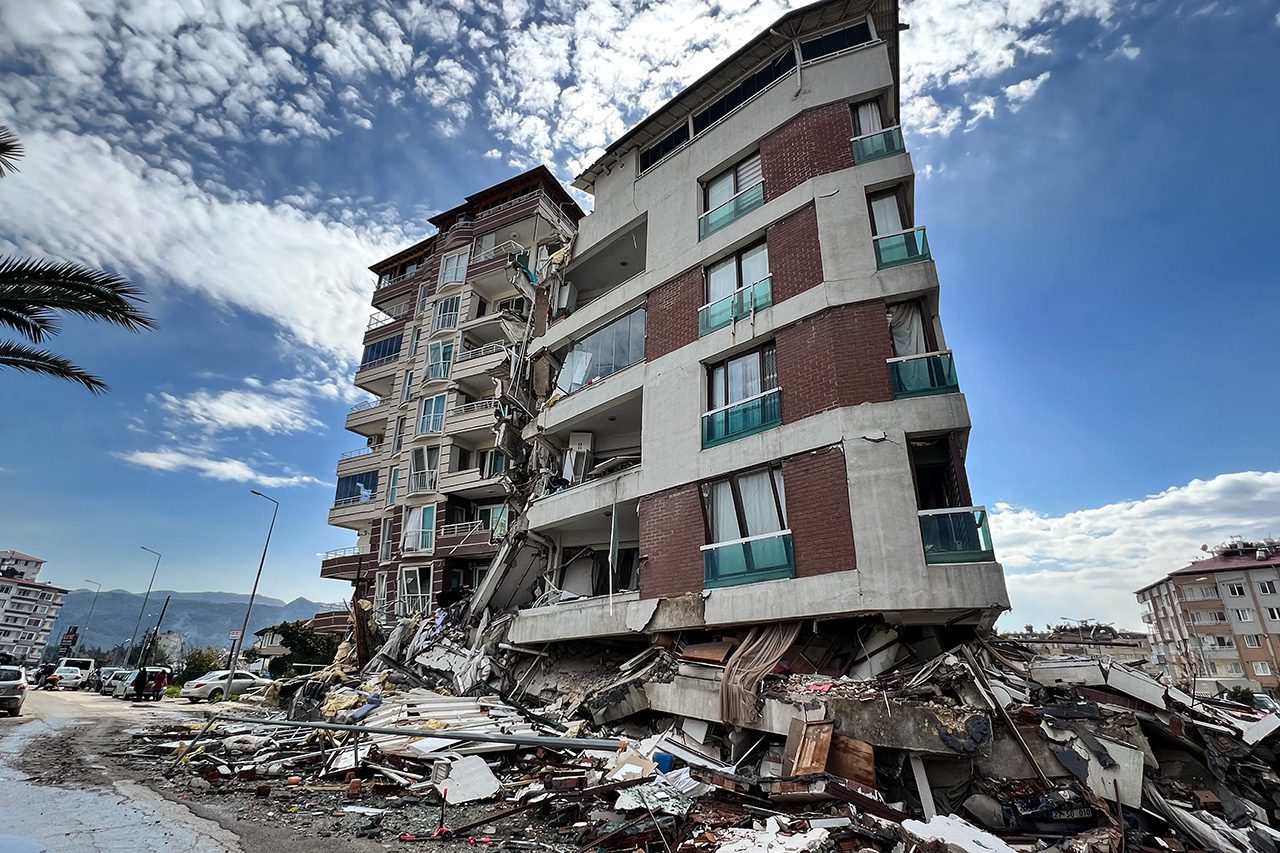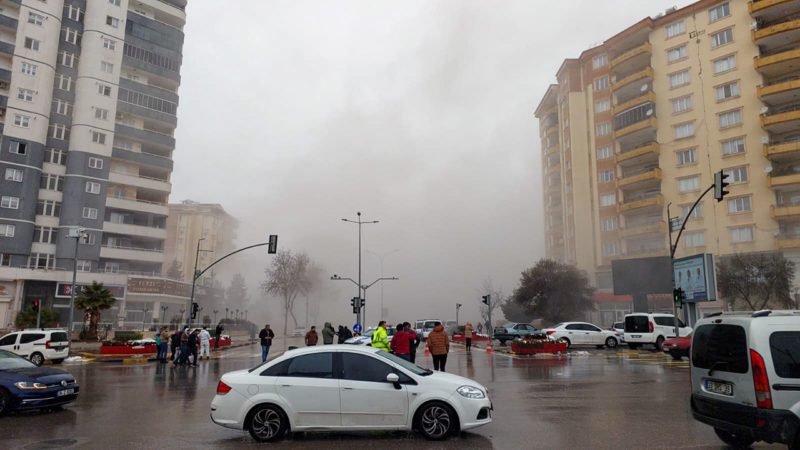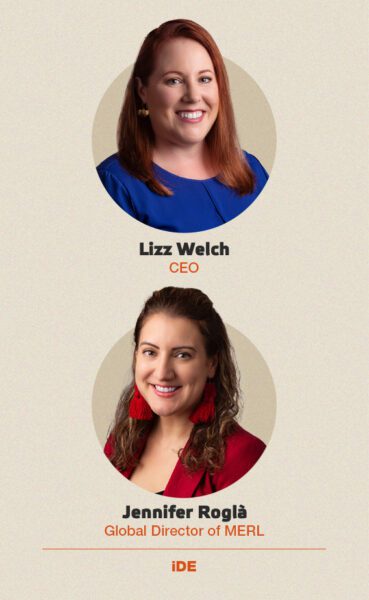Experiential Learning for Sustainable Development
Ignite India’s tailored, place-based approach
Multi-stage global action is needed

A devastating series of earthquakes struck Southeastern Turkey and affected Syria and beyond earlier this week. Local and international aid workers, along with public agencies, are currently responding to the disaster. The humanitarian sector has mobilized, international aid has been pledged, and grassroots fundraising and volunteering has launched. The grief experienced in Turkey and Syria, which is shared by diaspora members like me and friends around the world, is palpable.
This particular disaster, which has already claimed tens of thousands of lives, has another dimension: the massive displacement the region has experienced since the Syrian war broke out in 2011. In Turkey, half of the country’s over 3.5 million Syrian refugees, who had found safety and livelihoods in the Southeastern region, now face a new humanitarian emergency. UNHCR says that “[refugees] are living and affected in the same way,” as well as participating in the rescue side by side with Turkish citizens. Across the border in Syria, Norwegian Refugee Council and others call on the international community to support internally displaced people in need of urgent assistance. Damaged roads pose hurdles to crossing the border from Turkey and transporting aid to Syria. Natural disasters not only cause forced displacement, but they also leave existing displaced communities even more vulnerable.
While saving lives immediately continues to be imperative, it is not too early to think about creating new pathways and resilience for everyone affected now and at risk in the future. Just as grief has stages, so do the actions that the international community will need to take in the face of this multi-dimensional tragedy.
It will be time for investing in RESILIENCE against disasters, including innovations and entrepreneurial ventures, in order to reduce deaths, destruction, pressure on the humanitarian system, and displacement.
We are currently at the stage of immediate RESPONSE in Turkey and Syria as tens of millions of people need food, shelter, and medical assistance. In addition to supporting UNHCR and other globally recognized organizations, there are many ways to contribute to local relief operations in Turkey and Syria. Turkish Philanthropy Funds’ Earthquake Fund will support carefully-vetted organizations in Turkey. Hamdi Ulukaya, founder of Chobani, has already pledged $1mm to the Fund and matched donations to double that gift. For the response within Syria, options include supporting White Helmets and Basmeh and Zeitooneh Relief Fund. This stage also demonstrates the importance of building local capacities and investing in innovations that improve global humanitarian response, but that’s a discussion for another time.
What will follow next is longer-term, painstaking, and costly efforts to recover from the devastation of this earthquake. RECOVERY will require investing in local economic development. Development financing and international aid will be needed to replace and repair infrastructure, bolster local private and public sector capacities, and support small businesses so that they can continue to create jobs and actively participate in the recovery efforts. An inclusive recovery will require creating durable solutions for self-reliance, i.e. investing in refugees and host communities alike through Refugee Lens Investing. The corporate and financial sectors; impact investing, mobilized by Turkey’s recent National Advisory Board/ EYDK; and effective philanthropy will all have critical roles to play at this stage for sustainable impact on everyone.

Finally, it will be time for investing in RESILIENCE against disasters, including innovations and entrepreneurial ventures, in order to reduce deaths, destruction, pressure on the humanitarian system, and displacement. While the risk of some natural disasters such as earthquakes can’t be eliminated, finding solutions to reduce their toll will be critical and require global private-public partnerships and the full spectrum of impact capital.
That time can’t come soon enough for this region – or for all of us globally.
Related Content
Comments
Deep Dives
RECENT
Editor's Picks
Webinars

Featuring
Lizz Welch & Jennifer Roglà
iDE
May 16 - 12:00 PM EST
News & Events
Subscribe to our newsletter to receive updates about new Magazine content and upcoming webinars, deep dives, and events.
Become a Premium Member to access the full library of webinars and deep dives, exclusive membership portal, member directory, message board, and curated live chats.
0 Comments